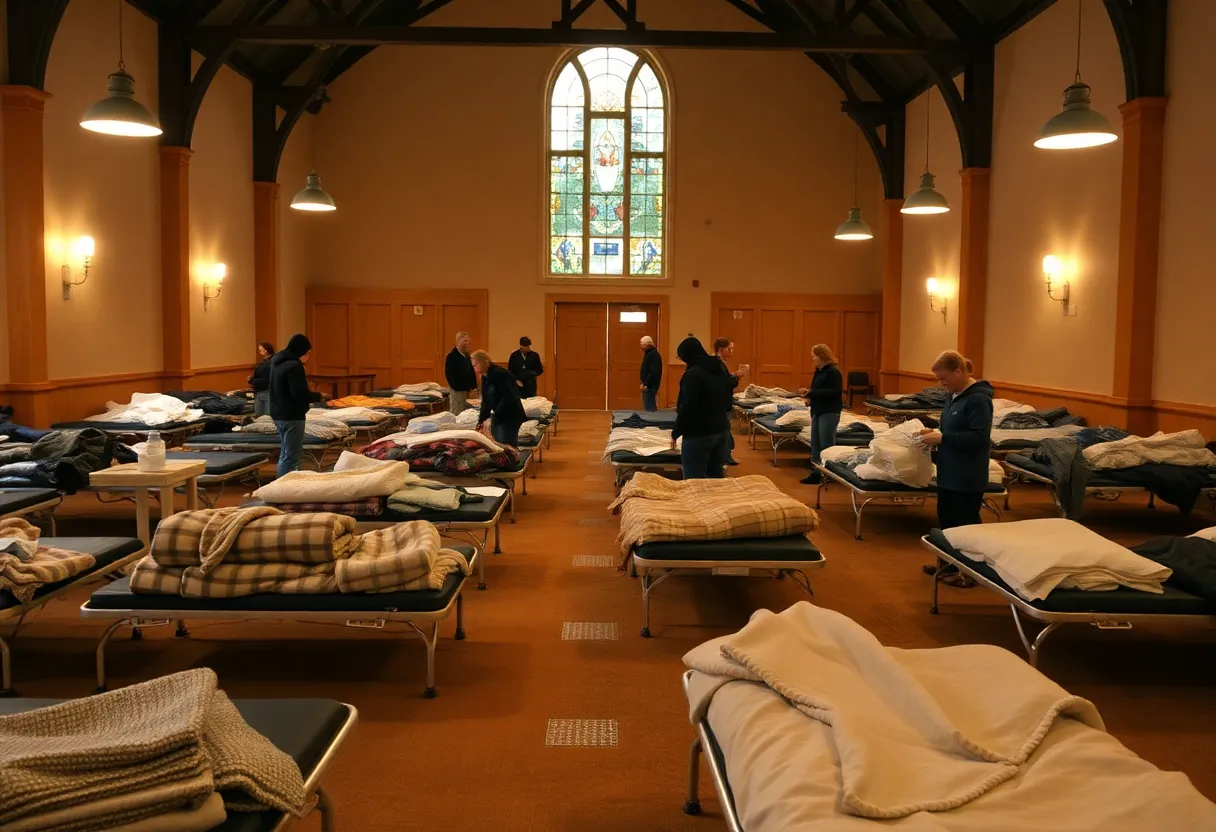The Drive To Add Two Non-Memphians to MLGW Board: A Political Imbroglio
In a significant development, the Memphis Light, Gas & Water (MLGW), one of the largest municipal utilities in the United States, proposed to include two suburban members in its board. The board currently comprises only members from the City of Memphis since the creation of the utility.
Moving Away from City Roots?
The move is part of a larger change in MLGW’s administration that has proposed shifting its headquarters outside Memphis into an unincorporated area of Shelby County. The recent developments have raised eyebrows given the fact that MLGW is a division of the City of Memphis, which necessitates, by default, a strong city-oriented perspective in its decision-making.
Many believe these proposals display an inclination towards vested interests. These shifts are likely aimed at accommodating perspectives from the suburban towns, though these territories have historically not contributed to the investments, improvements, projects, and programs of MLGW. Despite perceived benefits to the suburbs, questions remain on the impacts and benefits to MLGW and the City of Memphis.
Taxation without Representation?
One notable argument backing this unusual proposal is the “taxation without representation” theory, put forth by one of the MLGW board members. The argument essentially suggests that customers outside Memphis, who avail and pay for the utility’s services, deserve representation on the board.
However, the argument doesn’t hold water for many. Critics point out utility fees are payments for services rendered and not tax. Therefore, customers outside Memphis should not warrant representation on the MLGW board. Additionally, observers argue that two non-voting, knowledge MLGW members already exist, providing sufficient opportunity for suburban input and recommendations.
City-Suburb Dynamics
Discussions centre around the need for transparency and clear intentions. If the suburban towns intend to seek representation on the utility board, they should be ready to financially support the MLGW with its special programs and projects. Critics across the City of Memphis argue that the suburbs have seldom reciprocated to the city’s initiatives – often choosing self-interest over cooperative progress.
Moreover, the potential shift in racial diversity on the board is a concern. The current board consists of three African American and two White members. However, with the potential inclusion of two white suburban members, the board stands to be predominantly White, potentially impacting the diversity of thought and representation.
MLGW Response Expected
Observers believe the current scenario demands a responsible and comprehensive response from the MLGW leadership to help Memphians understand why these proposed changes would be in their best interest. In the same vein, MLGW is also urged to release a new Request for Proposal (RFP) for electricity, based on earlier concerns about transparency and fairness.
In Conclusion
As this political saga unfolds, the proposed changes to MLGW’s Board have sparked robust dialogues and debates. More than a mere change in the board constitution, it is seen as a discourse on city-suburb dynamics, representation, and equity. It will be interesting to see how this pans out in the coming months and how this will shape up the future of Memphis’s largest municipal utility.

Author: STAFF HERE MEMPHIS WRITER
The MEMPHIS STAFF WRITER represents the experienced team at HEREMemphis.com, your go-to source for actionable local news and information in Memphis, Shelby County, and beyond. Specializing in "news you can use," we cover essential topics like product reviews for personal and business needs, local business directories, politics, real estate trends, neighborhood insights, and state news affecting the area—with deep expertise drawn from years of dedicated reporting and strong community input, including local press releases and business updates. We deliver top reporting on high-value events such as Beale Street Music Festival, Elvis Week, and Memphis in May International Festival. Our coverage extends to key organizations like the Greater Memphis Chamber and the Memphis Convention & Visitors Bureau, plus leading businesses in logistics, healthcare, and music that power the local economy such as FedEx, St. Jude Children's Research Hospital, and AutoZone. As part of the broader HERE network, including HEREBristol.com, HEREChattanooga.com, HEREKnoxville.com, and HERENashville.com, we provide comprehensive, credible insights into Tennessee's dynamic landscape.






